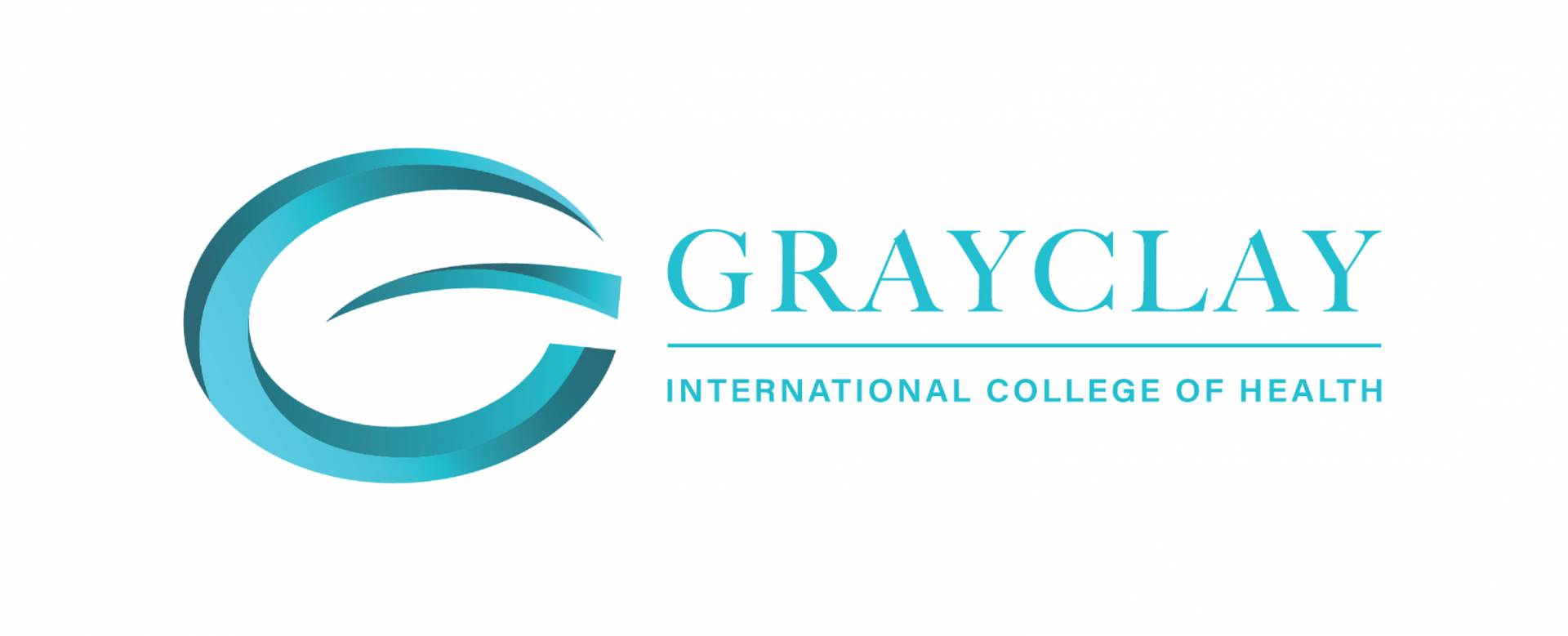
Grayclay offers a Cosmetic Injectables postgraduate diploma, designed to expand the skills of registered (division 1) and enrolled (division 2) nurses. The course is well-regarded in the medical aesthetics profession, and graduates report a high level of satisfaction with the course. One reason for this is the experience students get at the student clinics, doing real treatments on real patients.
Anxiety around injectable treatments is common in medical aesthetics practice, so it is really important to know how to recognise and address concerns confidently. A lack of skills in this space can make simple procedures drag out, and patients who might otherwise feel enthusiastic about the treatment or results may be deterred by the mode of delivery.
Anxiety around treatment is not limited to people who are afraid of needles in general. For most people, needles feel a little threatening. However, while many can steel themselves to endure a blood test, accepting a needle in their face is a significantly greater hurdle.
Let’s look at some of the reasons why patients feel nervous, how you can recognise a patient who isn’t vocal about it, and what you can do to allay their worries.
Why Are Patients Nervous About Injectables?
Fear of pain and concern about unfavourable outcomes are the most serious issues you will see prior to treatment. These are natural worries. We all try to avoid unnecessary pain, and most areas receiving injected treatments are highly visible, such that if a treatment goes wrong it can cause serious distress.
If their concern is pain during or after treatment, be honest with them about what to expect and reassure them that any pain is temporary and that most patients don’t find the pain too bad.
If their greatest concerns are about side-effects or adverse outcomes, you will need to address these without suggesting there are no risks. They will need to sign a waiver for service, so any risks cannot be ignored during the process of offering reassurance.
The trickiest situations of this type are with patients who have had a previous negative experience, either with a needle or with another medical aesthetic treatment. In this instance, you need to try to understand what happened while being considerate of the patient’s feelings. If you discover the patient has a sensitivity, you may be able to offer an alternative treatment that is less likely to cause the unwanted reaction.
Ultimately, the goal is to achieve pleasing aesthetic results, which is more likely when the patient is calm and cooperative.
How To Tell If A Patient Is Nervous
Nervous or worried patients will usually tell you directly. However, there are some patients who won’t tell you directly, so it is important to recognise physical signs of stress and to be responsive to your patient. If the patient has any of the following signs or symptoms, it is best to ask them if they are feeling concerned and to address their worries before proceeding further.
- Nausea or uncomfortable stomach sensations
- Lightheadedness
- Pins and needles
- Changes in breathing
- Excessive sweating
- Increased heart rate
- Restlessness
Or anything else that looks like a coping mechanism or stress response.
How To Work With A Nervous Patient
As difficult or time-consuming as these interactions can be, they are actually an opportunity to build rapport and trust with your patients and potential clients. Carefully listening to them and thoroughly working through their fears or worries will ultimately lead to a happy customer and repeat business.
Always meet them with empathy and try to speak clearly, openly and with language that everyone can understand. Overwhelming the patient with medical language is likely to alienate them, unless they have a medical background.
If the patient remains concerned, you can discuss alternative treatments, if there are any. Otherwise, if they want to try and go through with the treatment despite their fear, you can suggest that they bring a friend or loved one to be with them during the treatment.
For some people, injectable treatments will never be suitable. However, once you have the skills to talk to nervous patients, cosmetic nursing can be very rewarding.
To learn more about our cosmetic injectable course and other medical aesthetics courses we offer, contact Grayclay today!


